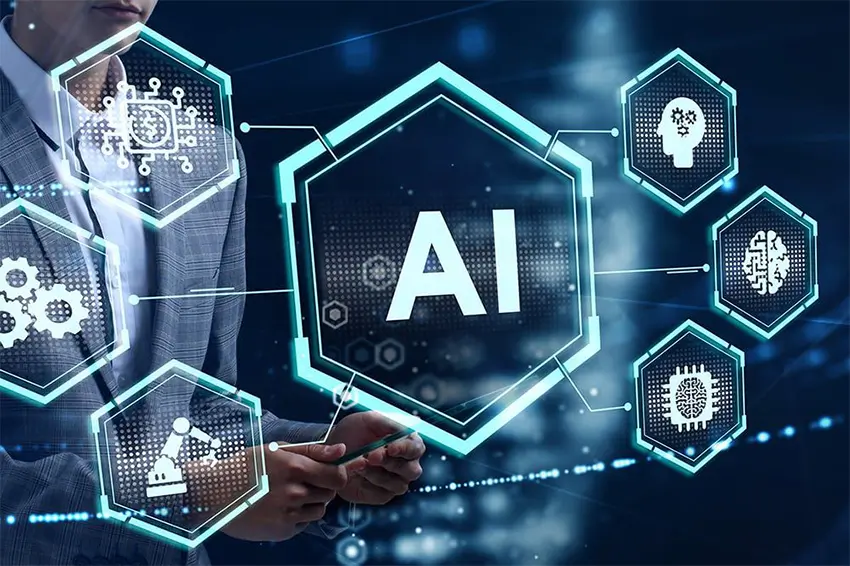15/01/2024
15/01/2024

KUWAIT CITY, Jan 14: Managing Director of the International Monetary Fund (IMF), Kristalina Georgieva, has voiced concerns over the potential exacerbation of overall inequality by artificial intelligence (AI). In her recent statements, Georgieva urged policymakers to address this "troubling trend" to prevent AI technology from further intensifying social tensions.
The IMF's analysis emphasizes that AI's impact on jobs will likely be more pronounced in advanced economies, affecting approximately 60% of positions. While half of these workers may experience increased productivity due to AI integration, the technology's ability to perform tasks currently executed by humans raises concerns about a potential decline in labor demand, impacting wages and potentially eliminating jobs.
Contrastingly, the IMF projects a lesser impact on jobs in low-income countries, estimating that only 26% will be affected by AI. This echoes findings from a 2023 Goldman Sachs report, which suggested AI could replace the equivalent of 300 million full-time jobs but also anticipated the creation of new jobs and increased productivity.
Georgieva highlighted the risk of AI worsening inequality among nations, particularly in countries lacking the necessary infrastructure and skilled workforces to harness AI benefits. The IMF suggests that higher-income and younger workers adopting AI may experience disproportionate wage increases, potentially leaving lower-income and older workers at a disadvantage.
To mitigate these challenges, Georgieva emphasized the importance of countries establishing comprehensive social safety nets and implementing retraining programs for vulnerable workers. Creating an inclusive transition to AI, protecting livelihoods, and curbing inequality should be a priority, according to the IMF.
The IMF's analysis coincides with discussions at the World Economic Forum in Davos, where global leaders are addressing the implications of AI, a topic gaining prominence with applications like ChatGPT. The technology is facing increased global regulation, with the European Union recently reaching a provisional deal on comprehensive AI laws. However, the US, UK, and China are yet to publish their own AI guidelines, emphasizing the evolving landscape of AI governance.


